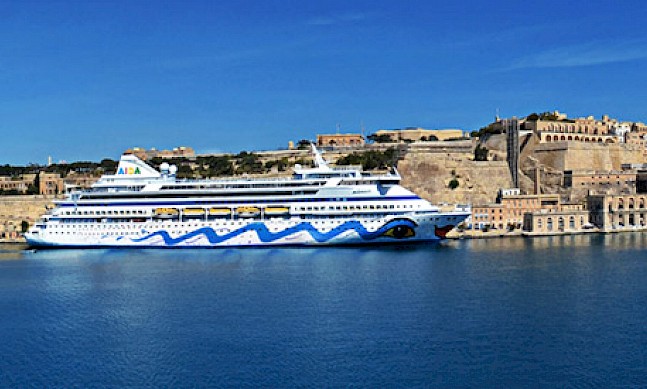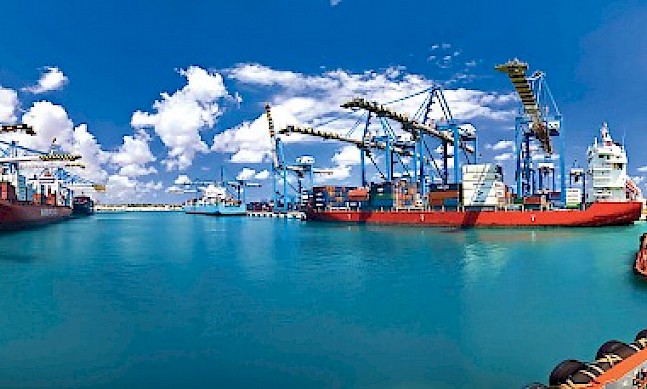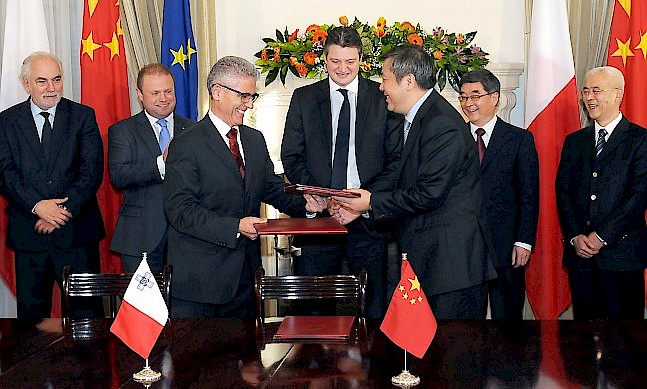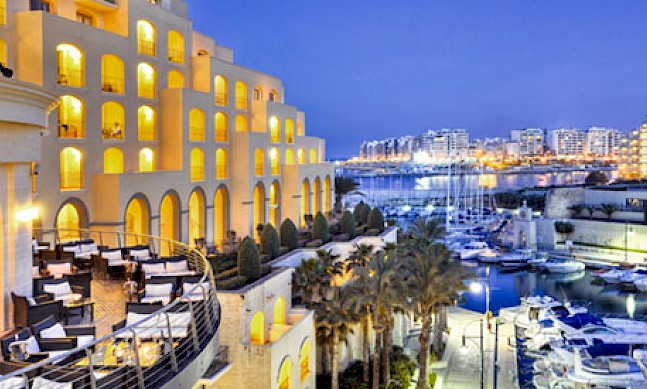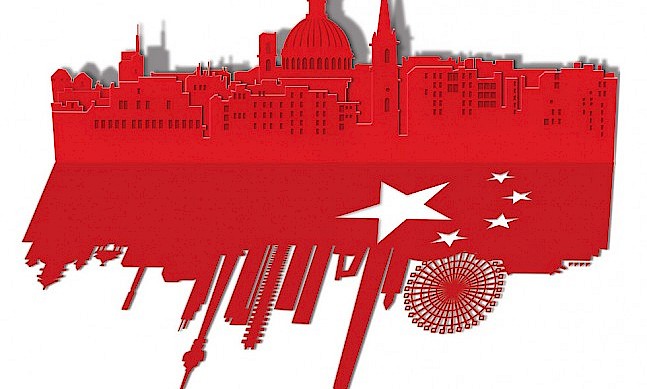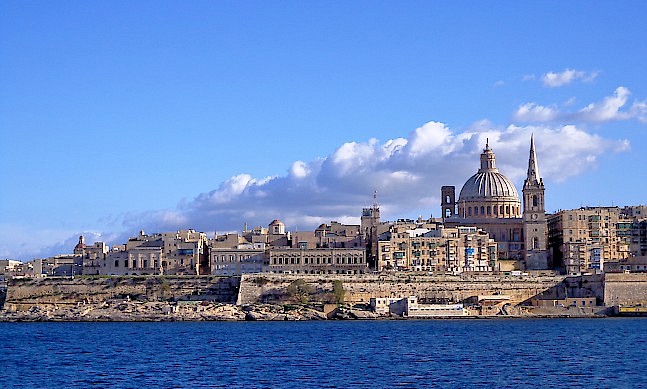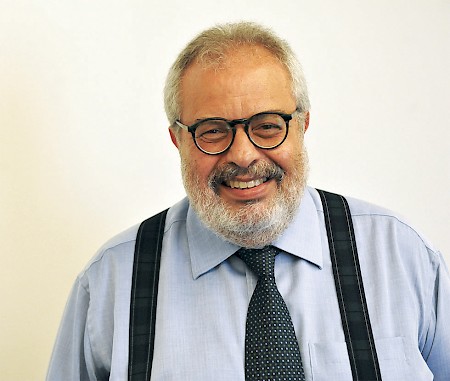
Malta Enterprise is the national development agency responsible for promoting and facilitating international investment in Malta. Dr Mario Vella, an economist and former president of the Labour Party was appointed chairman of Malta Enterprise in 2013. He met with The Report Company to talk about what the agency is doing to generate sustainable economic growth and improve Malta’s attractiveness.
The Report Company: Can you provide an overview of Malta Enterprise?
Dr Mario Vella: Malta Enterprise is an institution with a long history. Prior to being called Malta Enterprise, it was Malta Development Corporation which was born in 1967 through an act of parliament and before that there was an industrial development board for a while based in London, the foundations of which go back to the 1950s in the period of reconstruction from the Second World War.
TRC: How would you appraise Malta’s track record in attracting investment?
MV: This country has been a pioneer in incentivising foreign direct investment. Already in 1959 there was a piece of legislation that effectively promoted industry and that consciously aimed at foreign direct investment. Foreign direct investment is vital for this country’s economic development; it’s vital for its growth and it has to be export-oriented. We are a small country; we have to import just about everything and therefore it should come as no surprise that therefore we need to export a little more than we import.
If you look at Malta, at first sight it appears to be essentially a tourism destination with financial services added on. But that is far from reality. Looking at the numbers and the industrial estates very smartly tucked away in various parts of this small country you will see that we depend on industry for between a quarter and a third of our economic growth.
TRC: In which sectors and markets do you see growth?
MV: There is a revival of certain lines of garment production in Europe so you can never rule out the return of sectors like that, which might wish to make a comeback with a higher value-added content. We are going to see more engineering, and the lines we seem to be doing better at the moment include over the past ten years or so include aviation services, by which we mean repair, refurbishment and maintenance of aircraft. We hope to expand that to parts and components. We have ambitions to go into even more interesting, upmarket and higher value-added services. Aviation is based on a very old tradition in this country. Sometimes people forget, but in Malta we were already building flying boats induring the First World War.
“This country has been a pioneer in incentivising foreign direct investment. Foreign direct investment is vital for this country’s economic development; it’s vital for its growth and it has to be export-oriented.”Post This
Other Another sector is life sciences. Only a few metres from the general hospital and close to the new oncological hospital, we are building a life sciences park. We hope that the first customers, the first foreign direct investors, will be coming in towards the end of 2014. Germany is most traditionally our most important foreign direct investor in this sector, but today we’re also looking further than Europe, and China comes into the target.
We think growth in the coming decades will not necessarily come from the more traditional sources. We think growth will increasingly come from Asia, mainly but not only from China. There is also a strong interest in South Korea. I think there, if we are smart, if we get ourselves better known and if we put forward our proposals in a way that cannot not be of interest, then we’re bound to get results.
TRC: Where do you see opportunities for Chinese investors?
MV: China today is a global player in just about every sector so it would be a mistake to say we’re only interested in certain sectors. The life sciences are very high on our agenda for promotion in China and we are in fairly advanced stages of discussions with important players in life sciences. There is not any major player in those markets that we are not eager to talk to, and we are positively surprised that there is sensitivity and there is interest.
One other area is the whole sector related to digital games. Not e-gaming but the production of digital games. That is an area we are working on very strongly. We are emerging as an important international hub in the production of digital games. Why is that the case? I think the answer lies partially in education, and partially in the unique advantage we have in our workforce being able to communicate in English as if it was their mother tongue. One must not underestimate that. That is an area we’d like to speak to Chinese investors about.
“We think growth in the coming decades will not necessarily come from the more traditional sources. We think growth will increasingly come from Asia, mainly but not only from China.”Post This
Closely related to that, because we like to try and synergise, isare the links you can get between competences in the production of digital games and life sciences, and that is bioinformatics. There are certain skills and competences, certain abilities to think intelligently out of the box that are good both for the life sciences and the production of digital games and the bridge is bioinformatics. That is why near the life sciences complex we are building a digital creativity hub which is meant to house innovative, state-of-the-art projects in the production of digital games but with an eye to synergies with the life sciences. We think that is something that Chinese investors would be interested in, and they are coming to look.
TRC: Malta Industrial Parks is the arm of Malta Enterprise responsible for the allocation of factories for new economic investment projects. What can you tell us about this organisation?
MV: Malta Industrial Parks was the estate management division of Malta Development Corporation, and after a while we thought it would be good better if they were to spin off on their own. It makes a number of things easier and simpler. Our daily life is very intimately related, although we are distinct legally but they are located just down the corridor. We have at our disposal a number of industrial estates. We are talking of a total of 834 factory buildings, so the investor comes in and doesn’t have to waste money. You move straight in. There is something like 1.3 million square metres of space, which for a small country is very significant. Space is obviously always an issue so we need to choose very carefully who to recommend. The optimal relationship between volume and value produced for us is a crucial indicator. We can’t afford to have hundreds of square metres and little value-added or employment.
TRC: What role does Malta Enterprise play in supporting Maltese companies who want to export?
MV: Statutorily we’re responsible to promote both foreign investment and Maltese investment. We try and promote their integration. Traditionally the largest exporters in this country were the foreign-owned industrial companies. We’re trying to bridge the gap between the traditional local market oriented and innovative foreign-owned export oriented by promoting clusters and it works in practice. The market teaches us to do that.
“Traditionally the largest exporters in this country were the foreign-owned industrial companies. We’re trying to bridge the gap between the traditional local market oriented and innovative foreign-owned export oriented by promoting clusters and it works in practice.”Post This
TRC: What are you doing to sell Malta as an attractive destination for foreign direct investment?
MV: We need continuously to be on our toes to be able to have a competitive edge that others don’t. No-one is going to come and invest here simply because of the sun and the sea. We always need to think of the something extra. We do that by looking at what the shortcomings of others are and trying to do one better. Probably the most important natural shortcoming for us is our size. So the sort of investment we can attract will always necessarily have to be foreign direct investment which uses Malta as a springboard to go elsewhere. The other shortcoming is that we are an island, so we need to import everything and we need to export everything and there is only one solution to that and that is to ensure that you have the optimum proportion between volume and value. The logical conclusion of this is that we go to attract more foreign direct investment but of the type that will not suffer because of our shortcomings.
One of the areas we are now taking more seriously is that we are working on attracting to Malta foreign direct investment in advanced training and education. We’re a good place for top universities that cannot grow any more where they are, such as the US and the UK.
TRC: What has been done to increase the ease of doing business in Malta, and what more can be done?
MV: We dislike bureaucracy, and we’re doing our best to shorten everybody’s waiting time for approvals. We have cut that down drastically. The board of directors needs to approve projects monthly on the dot and they don’t leave the room until they have done the work. Within a month, an investor with a serious business proposal will have a clear decision from Malta Enterprise whether things will be moving forward or not.
TRC: How would you like Malta to be perceived as a destination for foreign direct investment?
MV: Certainly as a place you can trust. Not a place where you’re expected to be a pioneer. Foreign direct investment has been welcomed in Malta at least for the last 50 years. What is more important is that the people who came in the very beginning are still here and they are important players. The other way we’d like to be perceived is that we value investors’ time highly. We appreciate the fact that the investor is here to make money. We value that.


